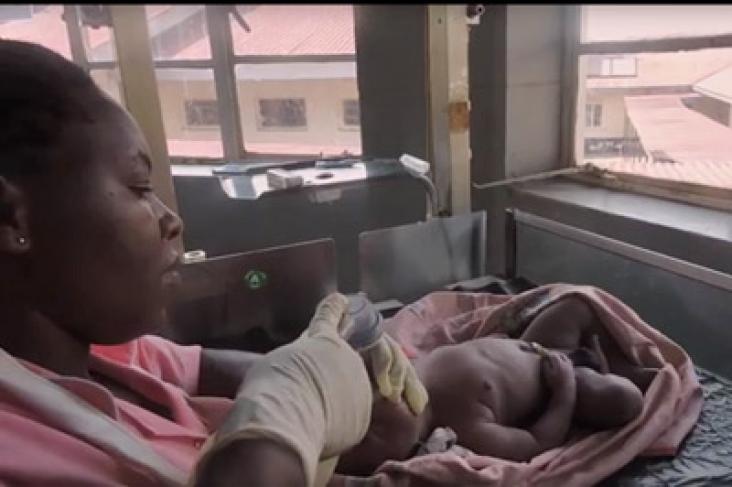Background Millennium Development Goal 5 calls for a 75% reduction in the maternal mortality ratio (MMR) between 1990 and 2015.
Climate change refers to long-term shifts in weather conditions and patterns of extreme weather events. It may lead to changes in health threat to human beings, multiplying existing health problems.
This content aligns with Goal 3: Good Health as well as Goal 10: Reduced Inequalities by reviewing the mechanisms of viral spread that are facilitated by cell–cell interactions and cell migration and discuss their implications for viral transmission, pathogenesis, and prevention.
We examine human displacement among indigenous tribal conservation refugees—the Sahariya—recently displaced from a wildlife sanctuary in central India.

Every year, an estimated 1.8 million newborns die from breathing related problems. Precious time is lost when birth attendants interrupt critical ventilation to check a newborn’s heart rate by hand. Elsevier brought together five experts from diverse fields, who used their skills and creativity to brainstorm a solution. It's one example of a successful multidisciplinary approach, in this case to help the advancement of SDG 3.2, to end preventable deaths of newborns and children under 5 years of age.
Background: The Global Burden of Disease, Injuries, and Risk Factor study 2013 (GBD 2013) is the first of a series of annual updates of the GBD.
Men are more likely than women to perpetrate nearly all types of interpersonal violence (e.g. intimate partner violence, murder, assault, rape).
The elevated air temperature of a city, urban heat island (UHI), increases the heat and pollution-related mortality, reduces the habitats' comfort and elevates the mean and peak energy demand of bu
This critical review aims to integrate the literature on stigma towards transgender people in the US, contributing to SDG 10 (reduced inequalities). Such stigmas limit transgender access to resources in a number of critical domains including healthcare and employment, impacting SDG 3 (good health and well-being) and SDG 8 (decent work and economic growth).
Elsevier,
International Review of Research in Developmental Disabilities, Volume 48, 2015, Pages 1-9
This chapter addresses SDGs 3 and 10 by providing a review of intellectual disabilities, health disparities and health inequality in both children and adults through current research on the causes, effects, classification systems and syndromes of developmental disabilities.
